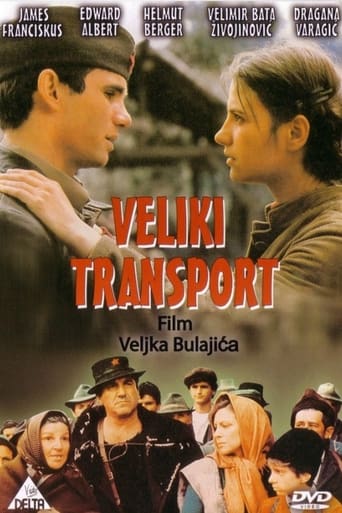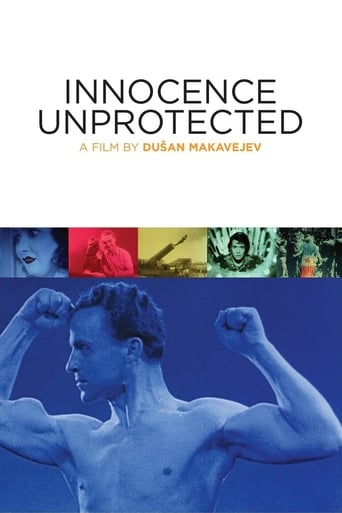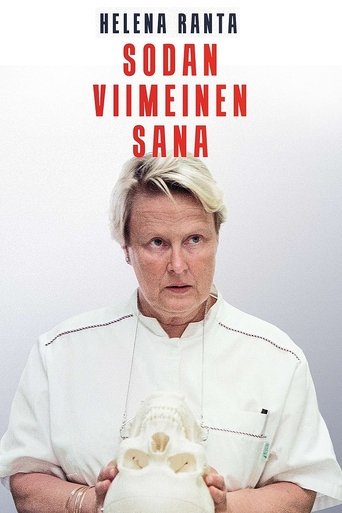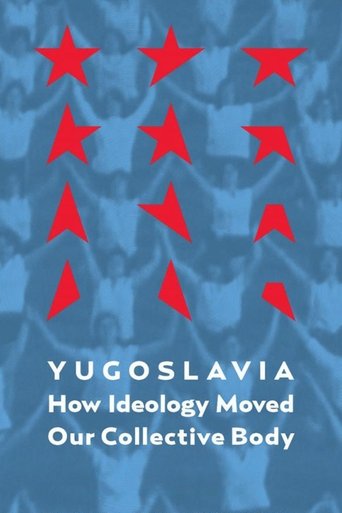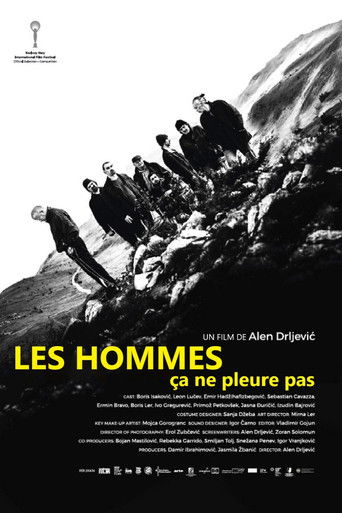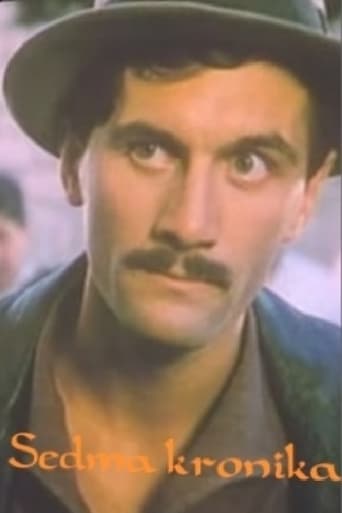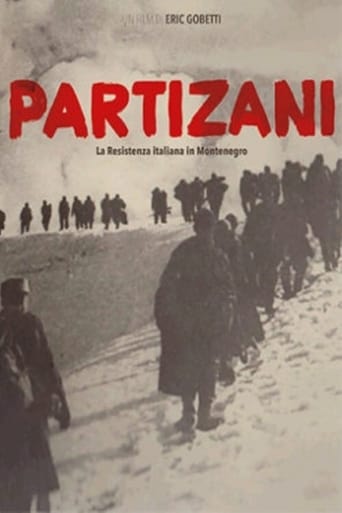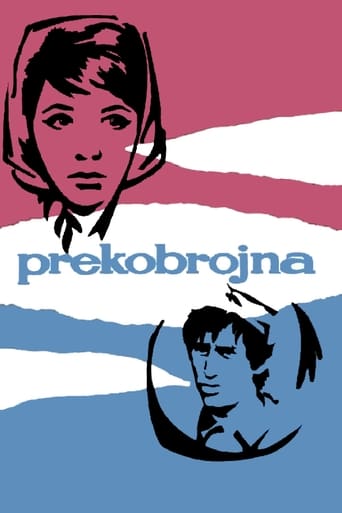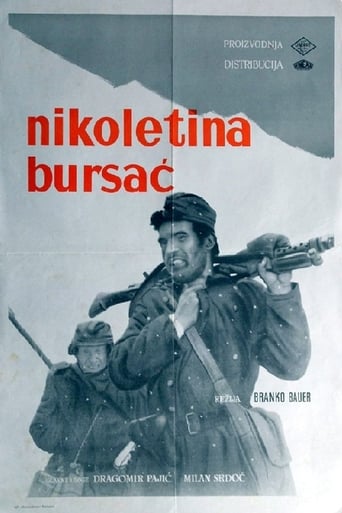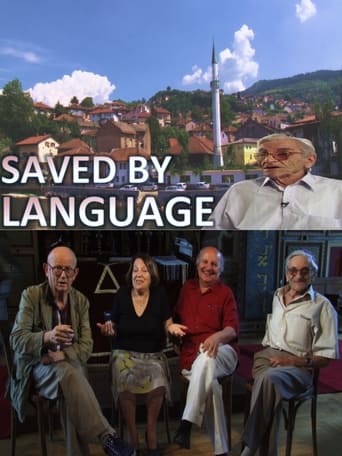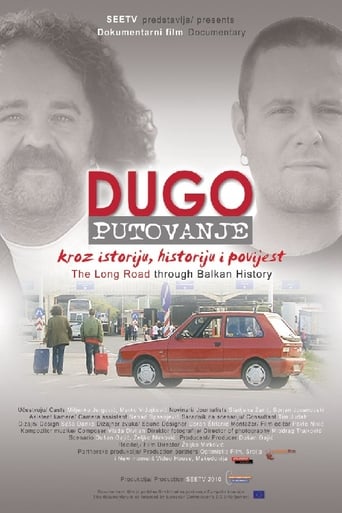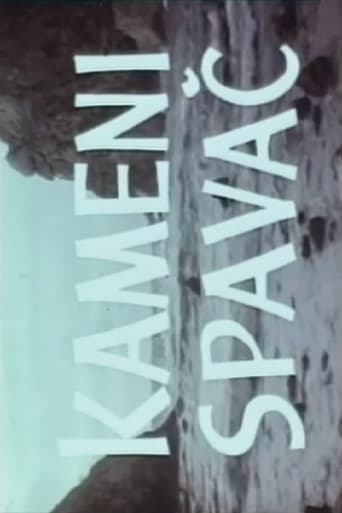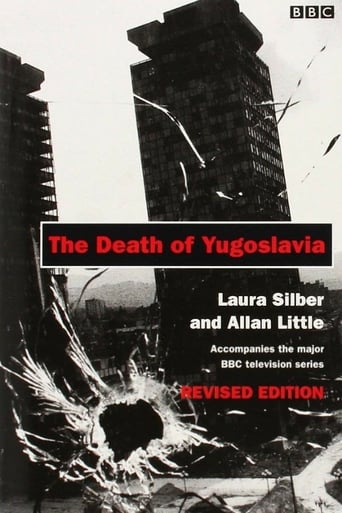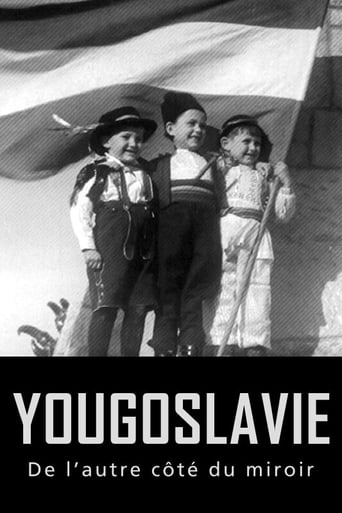Mot-clé Yugoslavian History
Innocence sans protection 1968
« Une réédition d’un bon vieux film, arrangé, embelli et commenté par Dušan Makavejev » dixit le générique. Les images du premier film parlant yougoslave – film autobiographique réalisé en 1942 sous l’occupation – se télescopent, 36 ans plus tard, avec les propos de Dragoljub Aleksić, personnage truculent, serrurier, acrobate et réalisateur de ce film longtemps perdu, d’une partie de son équipe et des images d’actualité.
Les hommes, ça ne pleure pas 2017
Un simple exercice en groupe tourne immédiatement à la bagarre. Des vétérans de Bosnie, de Serbie et de Croatie se trouvent réunis dans un hôtel de montagne, isolé du reste du monde, et ils sont tous pleins de rage. Après cet épisode, le Croate Andrija quitte la pièce, fulminant, le refus de son compatriote Valentin d’adhérer au discours nationaliste dominant dans leur pays est pour lui une aberration – dans leur pays ou l’un des deux autres, en fait, car seule la nationalité change : le mode de pensée, développé par endoctrinement, est identique.
Sedma kronika 1996
Partizani 2015
Прекобројна 1962
Nikoletina Bursać 1964
Saved by Language 2015
Kameni spavač 1969
Un film qui s'inspire de la beauté des tombes médiévales disséminées dans les montagnes de Bosnie-Herzégovine et du poème que Mak Dizdar y consacra. Bakir Tanović explore un passé lointain immortalisé par des inscriptions sur ces pierres séculaires. Un poème cinématographique hiératique et rigoureux.
Flotel Europa 2015
The Mission of Major Atherton 1970
This true story is made up of two episodes that show Operation Hydra. After the fall of the Uzice Republic and the success of the first enemy offensive, the British sent their mission and this series shows the events.
The Death of Yugoslavia 1995
The Death of Yugoslavia is a BAFTA-award winning BBC documentary series first broadcast in 1995. It covers the collapse of the former Yugoslavia. It is notable in its combination of never-before-seen archive footage interspersed with interviews of most of the main players in the conflict, including Slobodan Milošević, the then President of Serbia. Norma Percy won the 1996 BAFTA TV Award for 'Best Factual Series' for the documentary. However, it has been argued that it presents a potentially slightly biased point-of-view; for instance during the trial of Milošević before the ICTY in The Hague, Judge Bonomy called the nature of much of the commentary "tendentious" (partisan).
Tito 2010
Tito is a 2010 Croatian documentary television miniseries about Yugoslav leader Josip Broz Tito. The first episode aired March 19, 2010. The series is a co-production by Croatian Radiotelevision and Mediteran film. The two first collaborated on the series Long Dark Night, which at a top audience of 1.8 million viewers was one of the most-watched domestic productions in history. After the announcement of the documentary, Broz's granddaughter Saša announced that she and her family would use all means possible to obstruct filming. Tito cost a reported 1 million euros to make.
Yugoslavia, the Other Side of the Looking Glass 2016
Through two films, this documentary reveals the creation and disintegration, within our own time, of a neighbouring European State named Yugoslavia. Part One covers the 1918-1980 period. Part Two covers the 1980-2001 period.
